The third year of the Women in Conservation Technology programme brought another cohort of early-career Tanzanian conservationists on a 6-month journey of technology training, community building, and empowerment. Selected from a competitive pool of almost 200 applicants, our 2024 cohort brought unique perspectives, experiences, and goals for addressing regional conservation challenges through technical innovation and application.
Over the course of this programme, our cohort participated in two in-person workshops and six months of virtual learning and engagement that gave them an in-depth introduction to diverse technologies used for biodiversity conservation. In addition to technical training, the group also received mentorship and guidance from regional and international leaders in the conservation and technology sectors, whose continued mentorship will help them maximise their impact well beyond the programme's end.
Learn more about our outstanding third cohort and their work by checking out their profiles here on WILDLABS:
- Adventina Anthony
- Agripina Cletus
- Angela Massay
- Grace Mchome
- Ivorda Albert
- Loveness Mutungi
- Marykinoi Lembris
- Nora Noel
- Nyangeta Magesa
- Sarah Mshanga
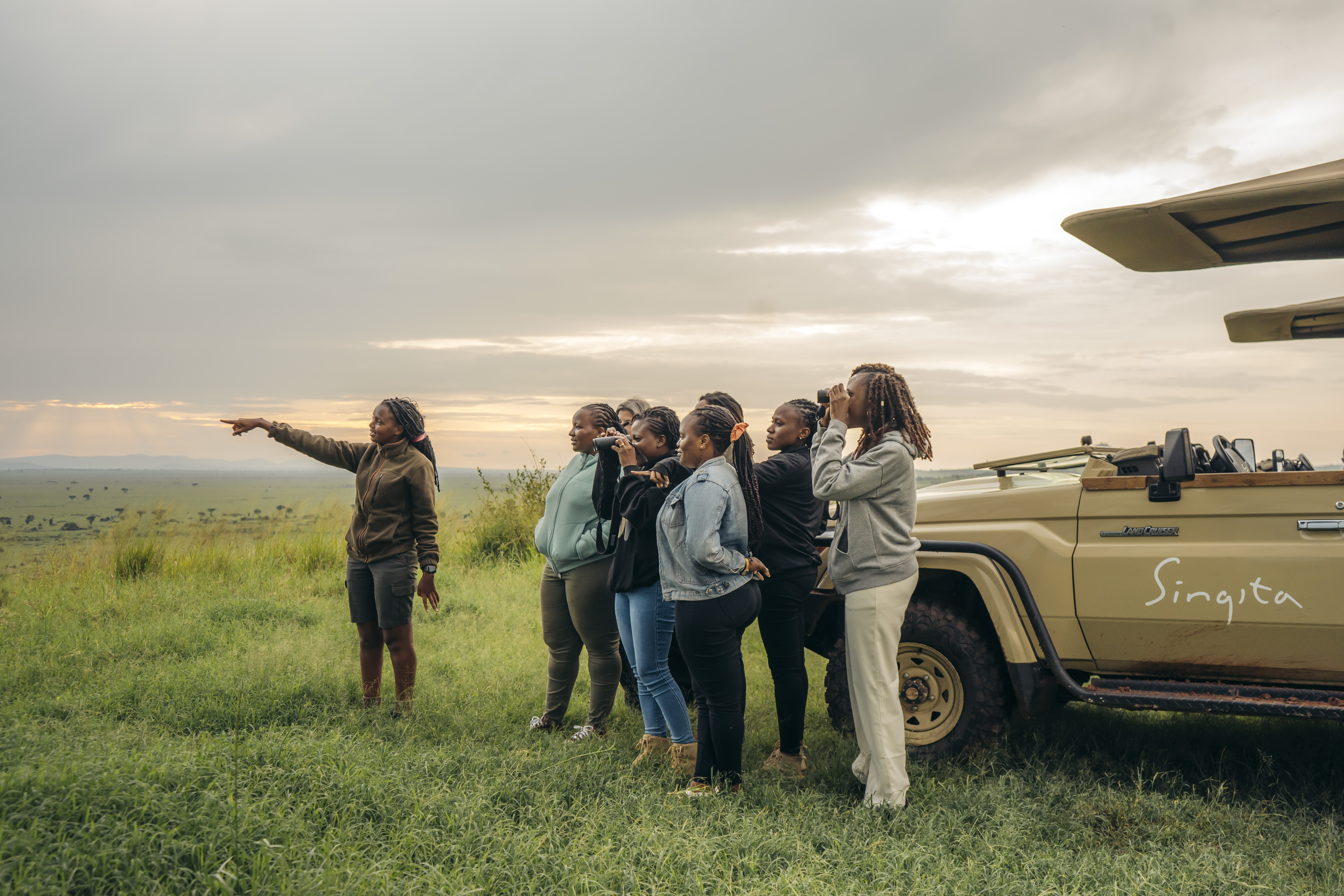
Workshop 2: Key Themes
Our first in-person workshop at the Grumeti Fund in June offered theoretical and hands-on technical training to equip future conservation leaders with foundational knowledge in conservation technology. Read more about our first on-the-ground training here!
For the second workshop, which ran in December 2024, we brought in experts and mentors from the technology space to foster cross-sector collaborations between conservationists and technologists. These leaders introduced our participants to what is possible when sectors collaborate and guided our participants in how to communicate and share their work outside of the conservation space
We began the workshop focusing on communicating their research, networking, and sector knowledge. Mentors and instructors Vai Laizer, Vicky Mkessa (@Vicky) , Henry Rees (@HRees), and Rosalie Tribe (@rosalie.tribe) shared their perspectives on engaging in, receiving, and evaluating communications in higher education, funding, and tech, respectively. The basics of elevator pitches, networking, and sector knowledge are all critical to increasing impact in a conservation tech career.
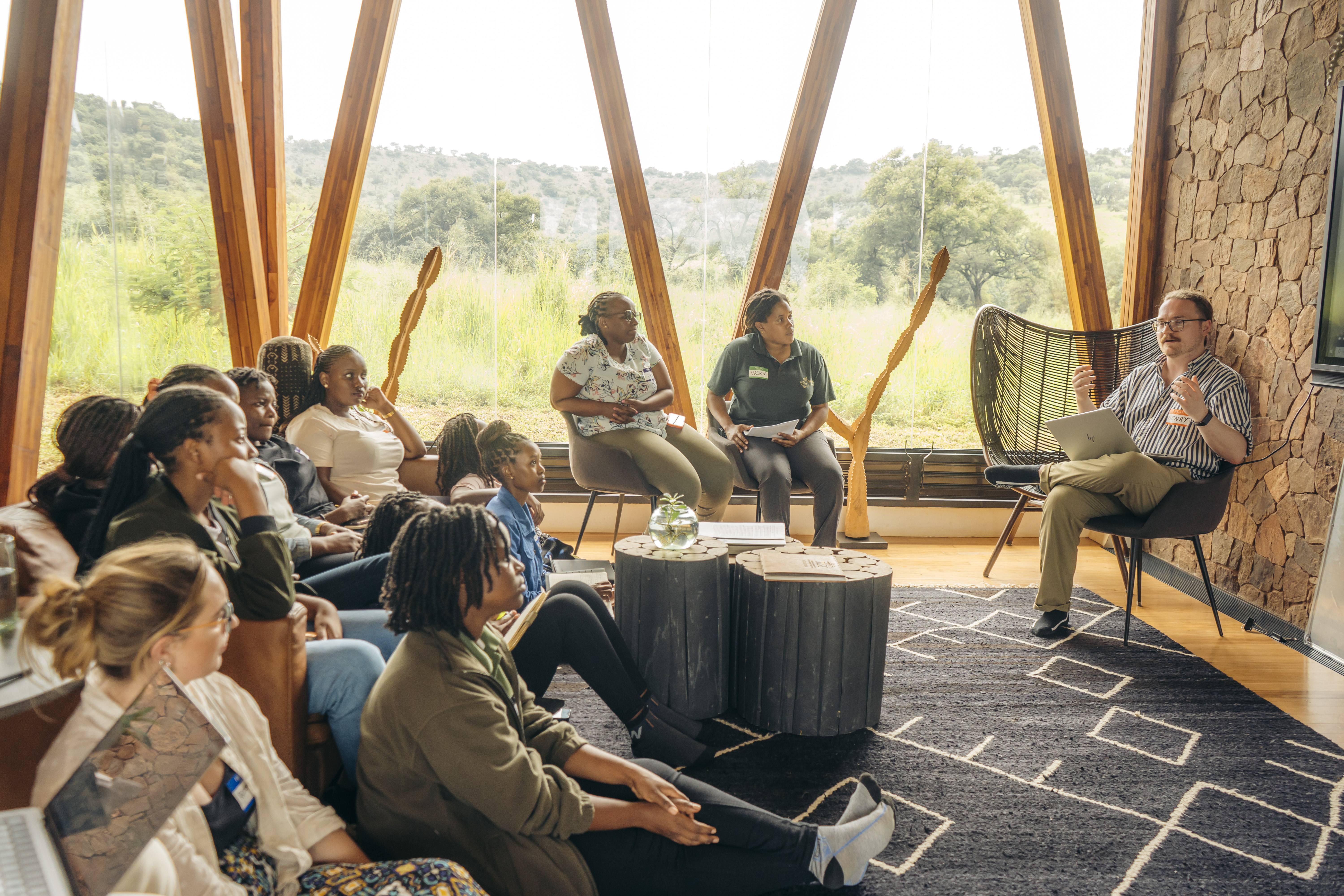
The following day's theme was innovation. Tech innovation can feel intimidating or out of reach for many, especially those who don't have an engineering or computer science background. The exercises and workshops from Arm representatives showed our participants that engaging in innovation is accessible to everyone. We structured the day around the theme of "rhino as an innovation challenge," using the case study of critically endangered rhino conservation as a lens to see where technologists and conservationists have collaborated to push the boundaries in conservation—a direct result of partnerships across the tech and conservation sectors. The cohort then received hands-on experience building and programming rhino trackers, demonstrating that everyone can participate in building, designing, and innovating technical solutions for conservation.
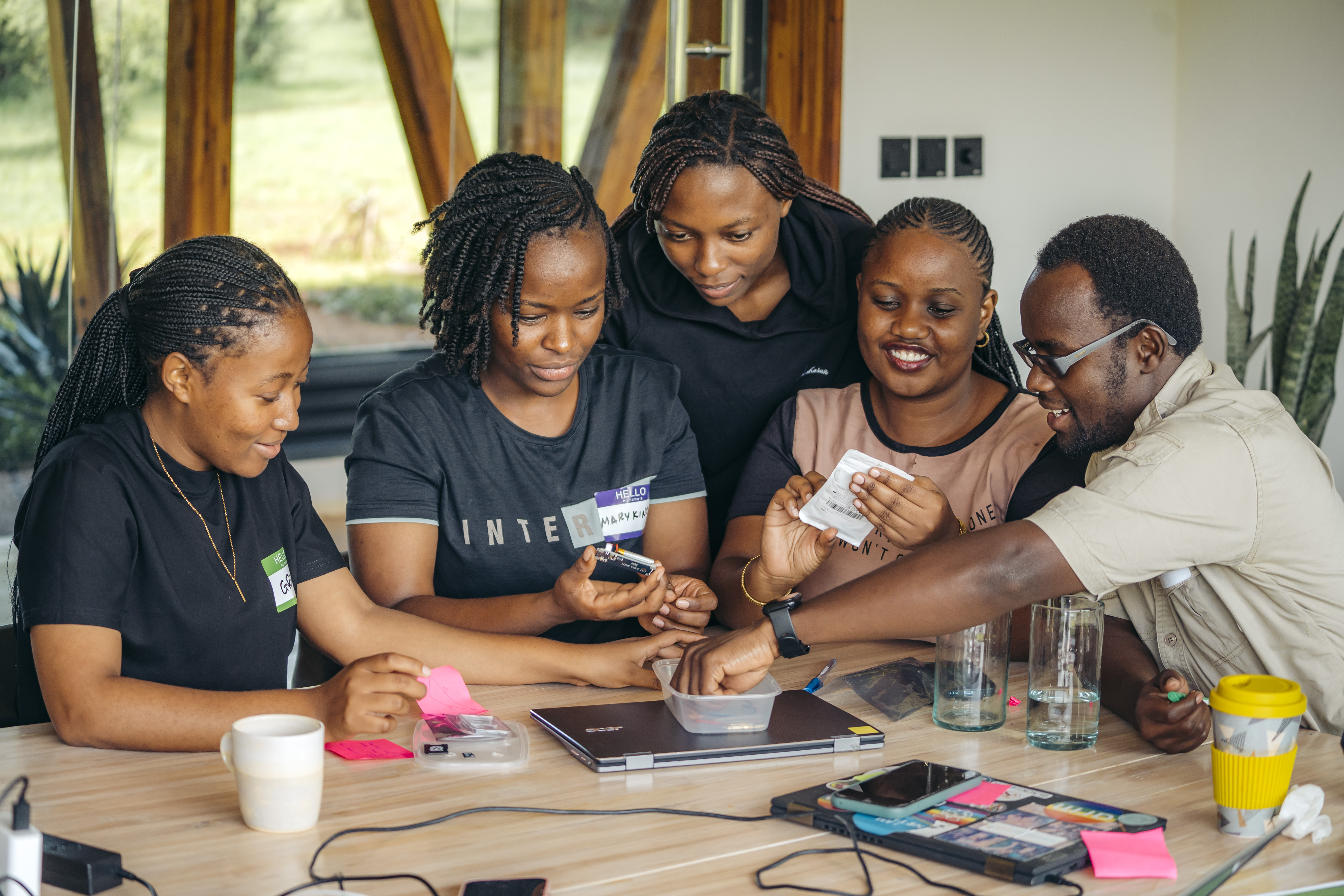
Our final theme was looking to the future, where we focused on developing and pitching ideas for new conservation impact. The last day was all about setting our cohort up for success as they move forward with their conservation careers. Mentor Vai Laizer led a presentation on all of the different ways to be a Woman in Conservation Technology and posed the question, “What is the future of conservation tech?” Later, our participants had the opportunity to pitch new ideas and projects to our panel of cross-sectional experts, who provided critical feedback on presentation and content. This valuable learning experience was rewarded with $500 seed grants from our funders to put their ideas into action!
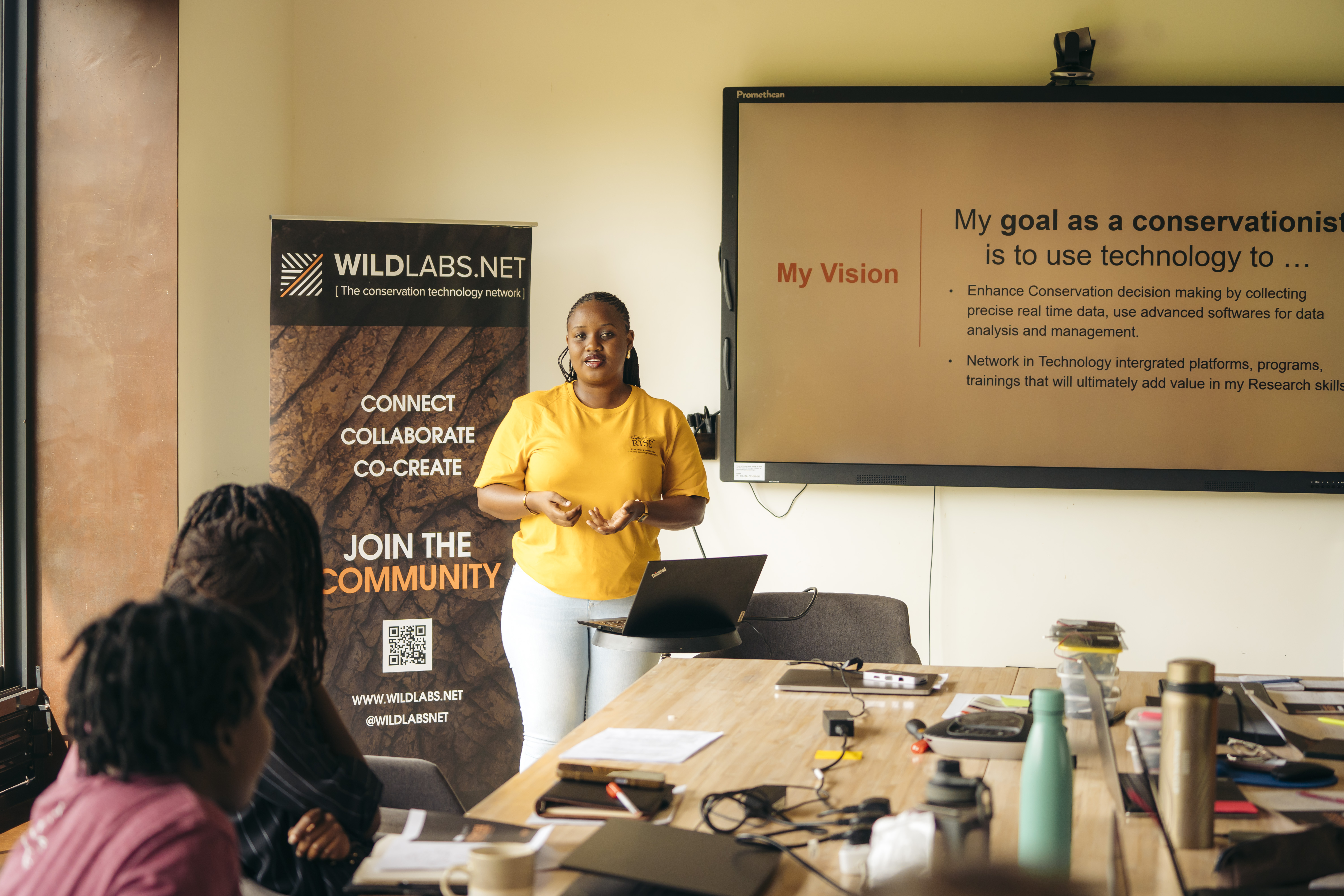
Throughout the three-day workshop, we spent plenty of time in the field, connecting with the landscapes and wildlife that inspire us to embark on careers in conservation. Spending time together outside is the best way to celebrate and strengthen the community we’re building. That’s exactly how we wrapped up the last day of the workshop: a beautiful, celebratory sundowner that culminated in participants receiving certificates for their hard work and celebrating in the presence of their cohort, mentors, facilitators, and beautiful landscape.
This final celebration is not the end for the community and impact generated by the programme. Over the next year, we will continue to mentor and support our participants as they embark on the next steps of their conservation career journeys. Stay tuned for updates on their progress using our seed grants to deepen their impact with technology, and connect directly with our cohort through the Women in Conservation Technology Programme WILDLABS group.
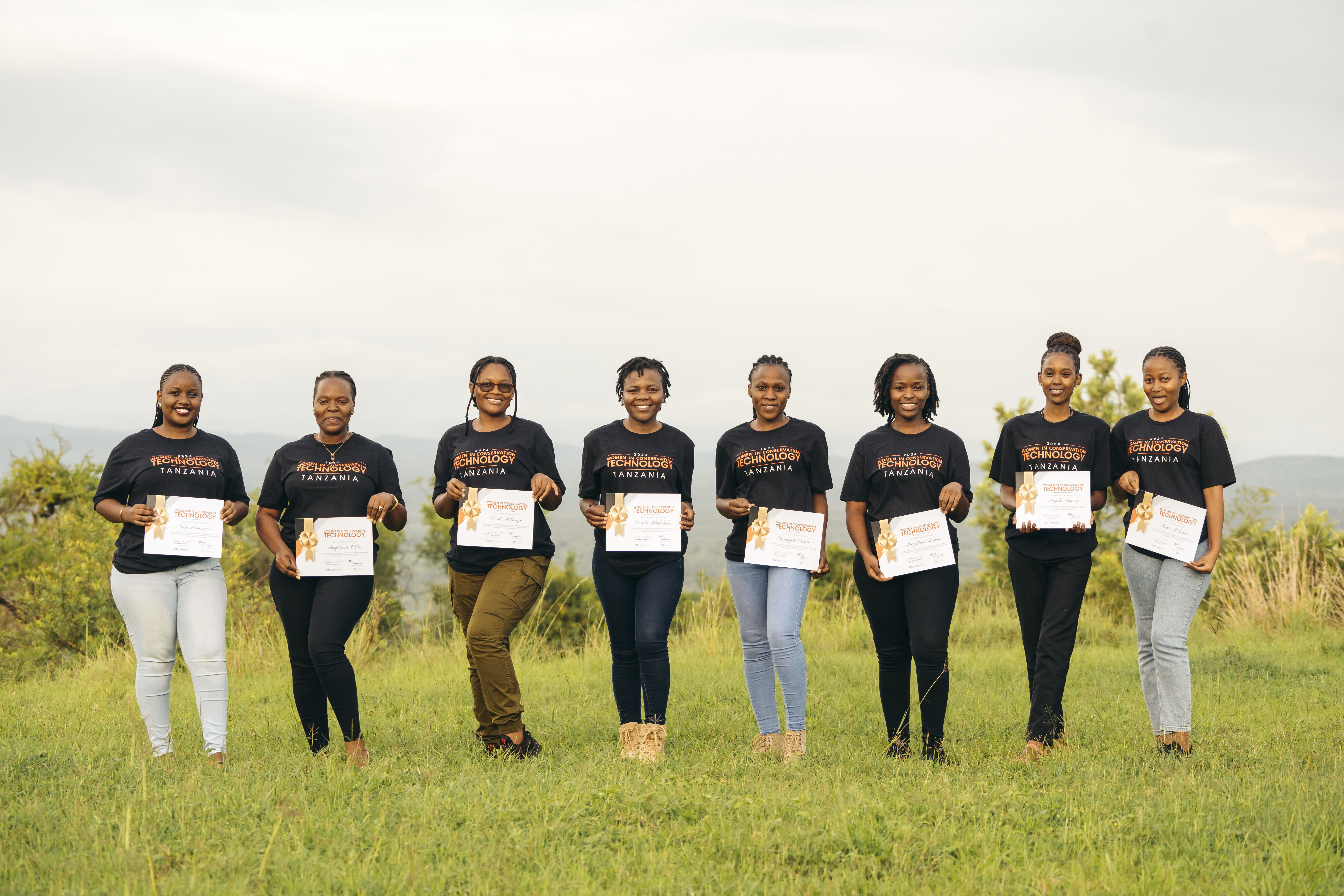
12 August 2025 3:45pm
This was truly rewarding and unforgetable experience to me! I will definetly recommend this opportunity to any young lady at their early carrier stage to take a step and join this amaizing workshop!!







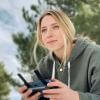

Agripina Cletus
Frankfurt Zoological Society